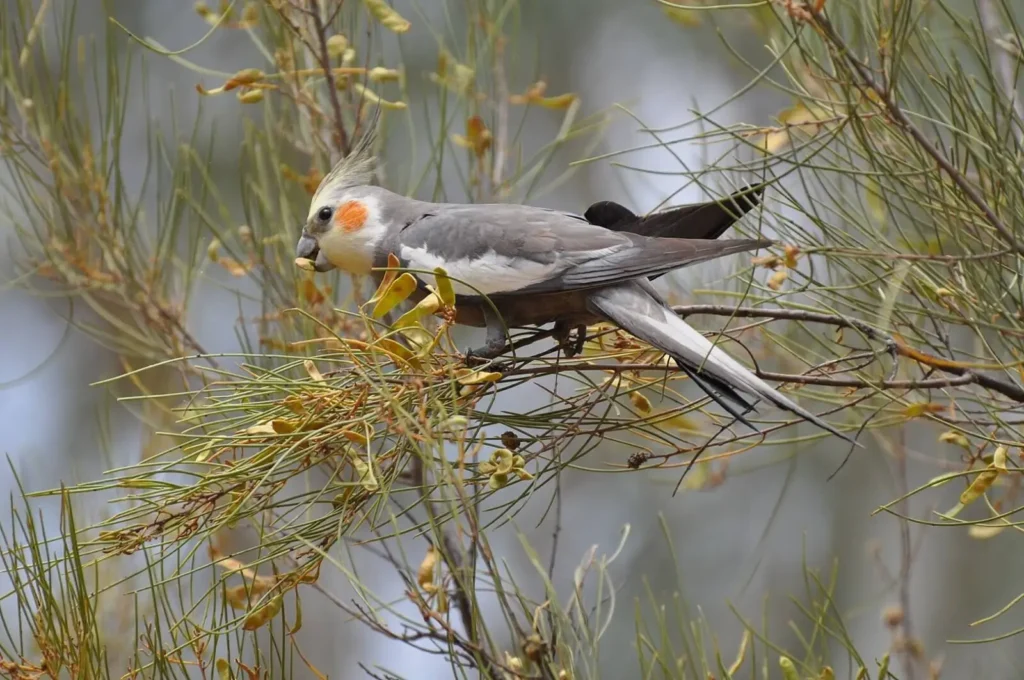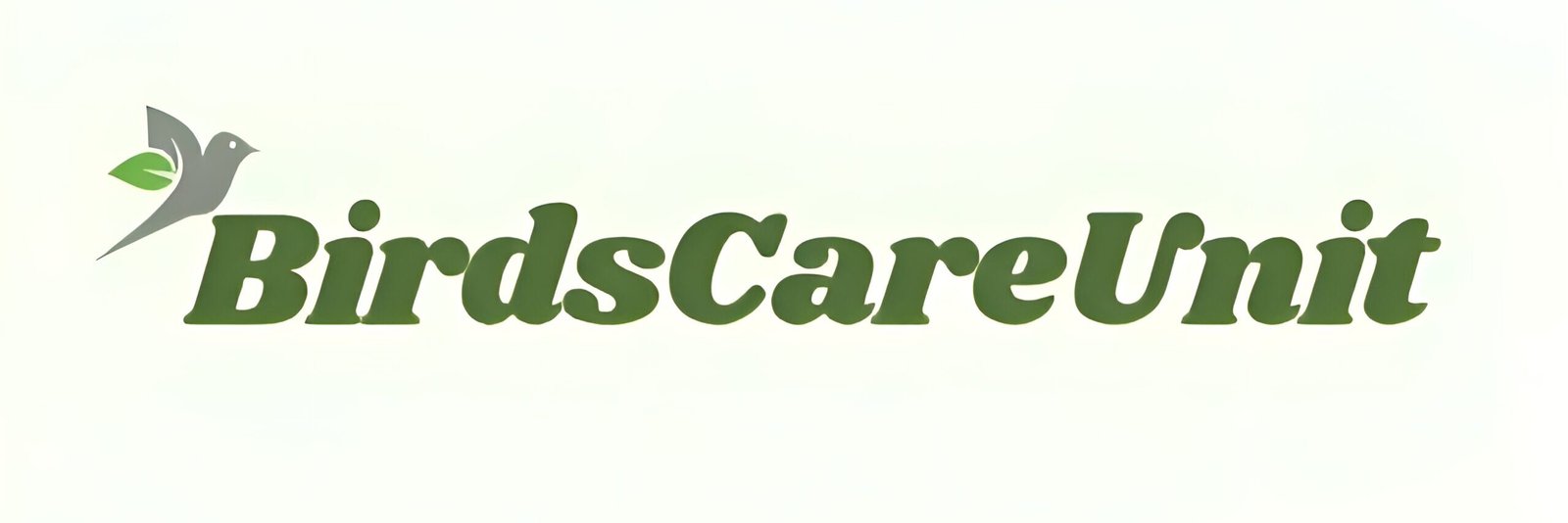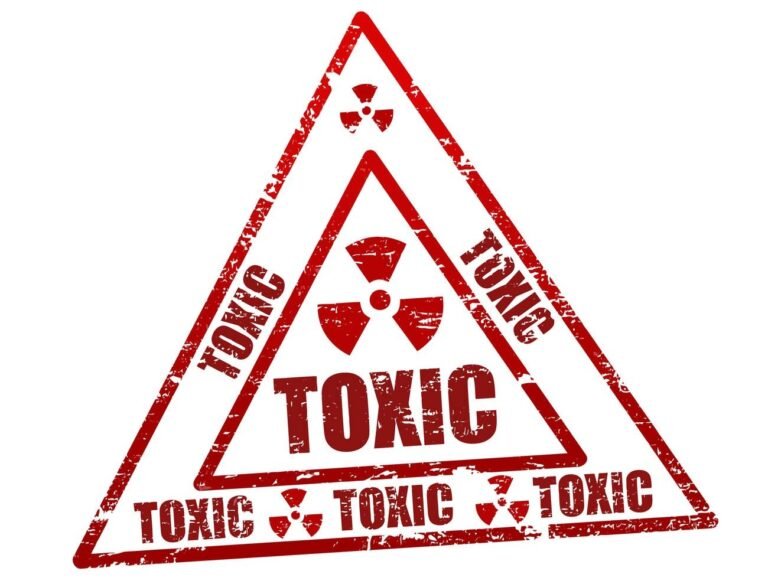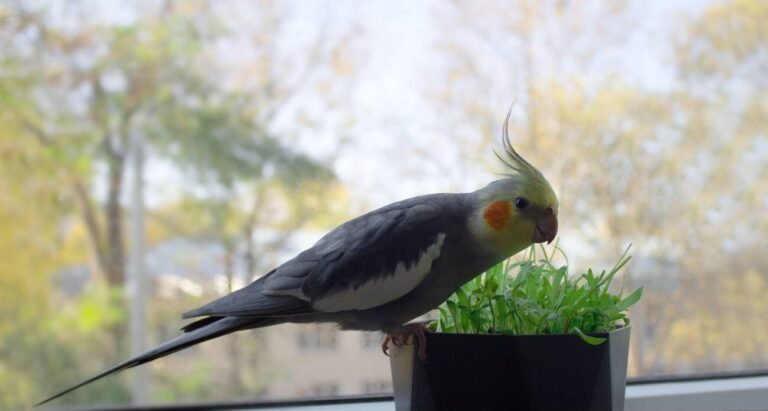Cockatiel Complete Food list

A Complete Guide to Cockatiel Nutrition
I really enjoy owning a pet bird farm on the rooftop of my home. My family has always supported me on this journey, and I’m truly thankful to them. Out of all the birds, cockatiels are my favorite. I always make sure to provide them with the best food to keep them healthy, active, and thriving. If the birds aren’t active, we can’t expect good results. That’s why I prioritize feeding them top-quality foods, pellets, nutrients, and minerals to ensure their well-being. This focus on nutrition has helped me grow my bird farm in a short time, but I dream of building an even bigger one in the future.
Today, I want to talk about the best and complete food list for cockatiels that I provide to my pet birds. I believe anyone who follows my tips will benefit greatly.
1. The Importance of a Balanced Diet for Cockatiels
Cockatiels, like all birds, require a well-rounded diet to maintain their health, energy levels, and vibrant feathers. Unlike other pets, cockatiels need a specialized diet that provides them with the right balance of proteins, fats, carbohydrates, and essential vitamins and minerals. In the wild, they feed on a variety of seeds, fruits, and vegetables, which keeps them healthy and active. As pet owners, it’s our responsibility to replicate this natural diet as closely as possible in captivity. A balanced diet not only contributes to their physical health but also improves their behavior, longevity, and overall well-being.
2. Seed/Pellet Mix (Staple Diet)
At the core of your cockatiel’s diet should be a high-quality seed or pellet mix. This mix provides the foundation of their daily nutrition. Here’s what you need to know:
Seed Mix:
Opt for a seed mix that contains a variety of seeds, such as millet, canary seed, safflower, and sunflower seeds. Seeds offer essential fats and proteins but should be provided in moderation, as an all-seed diet can lead to obesity or nutritional deficiencies.
Pellet Mix:
Many avian experts recommend pellets as the main component of a cockatiel’s diet. Pellets are specifically formulated to meet a bird’s nutritional needs, offering a balanced blend of vitamins, minerals, and proteins in every bite.
Daily Portion:
1 to 2 tablespoons of seed or pellet mix per bird.
Additional Tip:
Cockatiels often prefer seeds over pellets, but switching to a pellet-based diet can be beneficial. Gradually introduce pellets by mixing them with seeds and reducing the seed portion over time.
3. Fresh Vegetables (Daily)
Fresh vegetables are a vital component of your cockatiel’s diet. They provide a rich source of vitamins, minerals, and fiber, which support digestion and overall health.
Best Vegetables to Offer:
- Dark leafy greens such as spinach, kale, and dandelion greens.
- Root vegetables like carrots and sweet potatoes.
- Cruciferous vegetables including broccoli, cauliflower, and Brussels sprouts.
- Bell peppers and zucchini for added variety and nutrients.
Preparation:
Wash vegetables thoroughly to remove any pesticides or chemicals. Chop them into small, bird-sized pieces to make it easier for your cockatiel to eat.
Frequency:
Offer fresh vegetables daily, as they are an essential part of a well-balanced diet.
Additional Tip:
Introduce new vegetables slowly and observe how your bird reacts. Cockatiels may be hesitant to try new foods at first, but persistence and variety will encourage them to enjoy these healthy options.
4. Fresh Fruits (Daily)
Fruits are an excellent source of natural sugars, vitamins, and hydration for cockatiels. However, because fruits are higher in sugar content than vegetables, they should be offered in moderation.
Best Fruits for Cockatiels:
- Apples (remove the seeds), pears, and grapes.
- Berries like strawberries, blueberries, and raspberries.
- Tropical fruits such as mangoes, papayas, and guavas.
- Citrus fruits like oranges (in small amounts).
Frequency:
Offer fruits once a day as a treat or a side to their main diet.
Avoid:
Avocados and rhubarb are toxic to cockatiels and should never be fed to them. Remove seeds and pits from fruits to prevent any choking hazards.
5. Protein Sources (Occasional Treats)
Protein plays a key role in muscle development, feather growth, and overall vitality. In addition to seeds and pellets, cockatiels can benefit from occasional sources of animal and plant-based protein.
Best Protein Treats:
- Cooked eggs (boiled or scrambled, without seasoning).
- Cooked chicken (boneless and skinless).
- Cooked chickpeas or lentils.
Frequency:
Limit protein treats to once or twice a week to avoid overloading your bird’s system.
6. Carbohydrates (Occasional)
Carbohydrates are not a primary component of a cockatiel’s diet but can be offered occasionally to provide variety and energy.
Good Sources of Carbohydrates:
- Cooked grains such as brown rice, quinoa, or oats.
- Boiled sweet potatoes or regular potatoes.
- Whole grain bread (in moderation).
Frequency:
Offer these foods sparingly, about 2-3 times per week.
7. Calcium and Vitamin Supplements
Calcium is essential for bone health and egg production in female cockatiels. Providing a source of calcium in your cockatiel’s cage is crucial, especially for birds in their breeding years.
Cuttlebone:
A natural source of calcium that can be placed in the cage for your bird to peck at.
Mineral Block:
A compacted block that contains both calcium and other essential minerals.
Supplements:
If your bird’s diet is lacking in certain nutrients, you may consider a vitamin supplement. However, always consult with an avian veterinarian before adding any supplements to your bird’s diet to avoid over-supplementation.
8. Water
Just as with humans, water is a critical part of a cockatiel’s diet. Fresh, clean water should be available to your bird at all times.
Water Hygiene:
Clean your cockatiel’s water dish daily to prevent contamination. You can also use a water bottle to minimize spills and keep the water clean.
Special Tip:
If you’re concerned about the quality of tap water, consider using filtered or bottled water to ensure your bird’s safety.
9. Foods to Avoid
Certain foods are toxic to cockatiels and should never be included in their diet.
Dangerous Foods:
- Avocados and rhubarb (toxic).
- Chocolate, caffeine, and alcohol (can be fatal).
- Salty, fatty, and sugary foods like chips, cookies, and candy.
- Dairy products (birds can’t digest lactose).
- Processed foods with additives and preservatives.
Important:
Always research any new food before offering it to your cockatiel. If you’re unsure, it’s best to err on the side of caution and avoid it altogether.
10. Conclusion: Crafting the Perfect Cockatiel Diet
Building a balanced and nutritious diet for your cockatiel is key to ensuring a long, happy, and healthy life. From a high-quality seed or pellet mix to fresh vegetables, fruits, and occasional protein treats, providing variety in your bird’s diet will help keep them engaged and satisfied. Always remember that your bird’s nutritional needs can change over time, so regularly consulting with an avian vet is essential to adjust their diet as needed.
By following this complete food guide, you can give your feathered friend the best care possible, keeping them healthy, active, and full of life.



